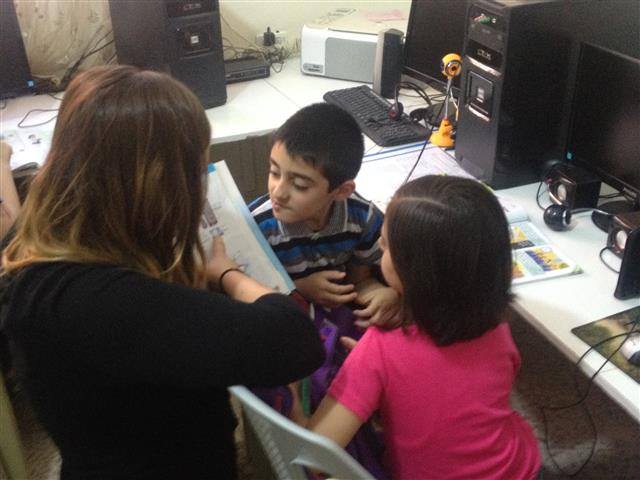Junior Megan Mattson met a family of Iraqi refugees last week who had escaped to Jordan with only $500 and the clothes on their backs.
Mattson, who is studying in Amman, Jordan this semester, interns for the Collateral Repair Project, a nonprofit organization assisting the millions of refugees who are escaping Iraq and Syria.
“We were able to find them a place to live, get them on our food voucher program. I’m really thankful they were able to find us,” she said. “But we’re also doing smaller things that helps normalize and make life still valuable.”
Mattson, an international affairs major, is in the Council on International Educational Exchange’s Diplomacy and Policy Studies program, which set up students with internships during their time abroad.
Two weeks after President Barack Obama authorized airstrikes against the terrorist organization ISIL, Mattson said the Collateral Repair Project, which was founded in 2006, has received more grants from international foundations.
The organization helps families find housing, food and other resources after they escape from war zones. Some head to refugee camps around Amman, which is struggling to keep up with the demands of millions more people in the city.
Even wealthy areas of Amman run out of water most weeks, Mattson said, and the resource strain affects life far beyond refugee camps.
To assist the families, Mattson said she and other interns have started a Girl Scouts club and programs to help children with their homework, which is often their first step toward learning English.
While the Collateral Repair Project has found more support in the past month, Mattson said she worries that backing will decrease over time.
“Later down the road, I can definitely see once you lose that focus, you still have these people who are without a home or a place to go, but you don’t have the spotlight anymore,” she said.
Still, Mattson said the small organization has given her the chance to work with families who are experiencing the major changes that others see on the news every day.
She has also taken part in conversations about how to increase donations and opportunities for refugees.
“Everyone who has come through the center is really happy. People are really joyous,” she said. “I kind of expected it to be more heavy, but they’re very supportive of one another.”








